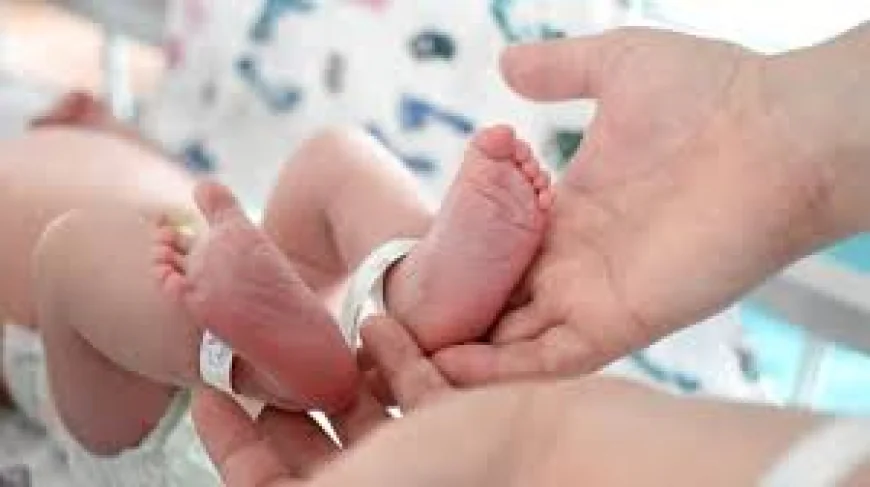Future of Fertility? UK Welcomes Eight Babies from Groundbreaking IVF Trial
Eight babies have been born in the UK using a groundbreaking IVF technique that combines DNA from three people to prevent inherited mitochondrial diseases. The method replaces faulty mitochondria with healthy donor cells while preserving the parents' DNA. This marks a world-first in reproductive medicine and offers hope to families affected by genetic disorders.

Three Person IVF Breakthrough
Eight Babies Born in UK Using Pioneering Three-Person IVF in World-First Trial
LONDON, UK — The United Kingdom has witnessed a historic medical milestone with the birth of eight healthy babies through a revolutionary three-person IVF procedure. This pioneering method, aimed at preventing the transmission of debilitating mitochondrial diseases, marks a world-first achievement in reproductive medicine.
The technique, known as mitochondrial donation treatment (MDT) or three-person IVF, was developed to help women who carry faulty mitochondrial DNA; the energy-producing structures in cells from passing these potentially deadly disorders to their children.
How the Process Works
The procedure involves taking the nuclear DNA from the mother and father, which contains over 99.8% of the genetic makeup, and placing it into a donor egg that has healthy mitochondria but has had its own nuclear DNA removed. This results in an embryo with genetic material from three individuals; the intended mother and father, and a third person, the egg donor.
This technique does not affect traits such as appearance, intelligence, or personality, as these are determined by nuclear DNA. The donated mitochondria simply ensure the baby has the cellular energy needed to live a healthy life.
Trial Success and Global Significance
The UK’s Human Fertilisation and Embryology Authority (HFEA), which oversees fertility treatments, confirmed that fewer than 30 children have been born globally using this method with eight of them in the UK from a closely monitored clinical trial.
While the identities of the families remain confidential to protect their privacy, doctors involved in the trials report that the children are developing normally and showing no signs of mitochondrial disorders. The breakthrough offers hope to thousands of families affected by these devastating conditions, which can cause muscle weakness, blindness, organ failure, and even death in early childhood.
Ethical and Regulatory Milestones
In 2015, the UK became the first country in the world to approve the use of mitochondrial donation IVF after years of public consultation and ethical debate. This green light was followed by careful clinical oversight, with trials carried out at the Newcastle Fertility Centre and the Wellcome Centre for Mitochondrial Research.
Despite its promise, the procedure remains controversial in some circles, with critics concerned about the long-term implications of modifying embryos. However, proponents argue that the technique represents a lifesaving and ethical use of genetic science to stop tragic diseases at the source.
Looking Ahead
Researchers and regulators are continuing to closely monitor the health and development of the children born through this method. If the long-term results remain positive, three-person IVF could become more widely available, offering families new options where none previously existed.
Dr. Mary Herbert, a fertility expert involved in the trials, said:
“This is a landmark moment in reproductive medicine. Mitochondrial donation offers families real hope of having healthy, genetically related children free from mitochondrial disease.”
Conclusion
The successful births signal a major step forward in the fight against inherited mitochondrial conditions and showcase how cutting-edge science can reshape the future of medicine. With continued study and public trust, the UK’s three-parent baby technique could become a model for global health innovation.
Source:
al jazeera.com


